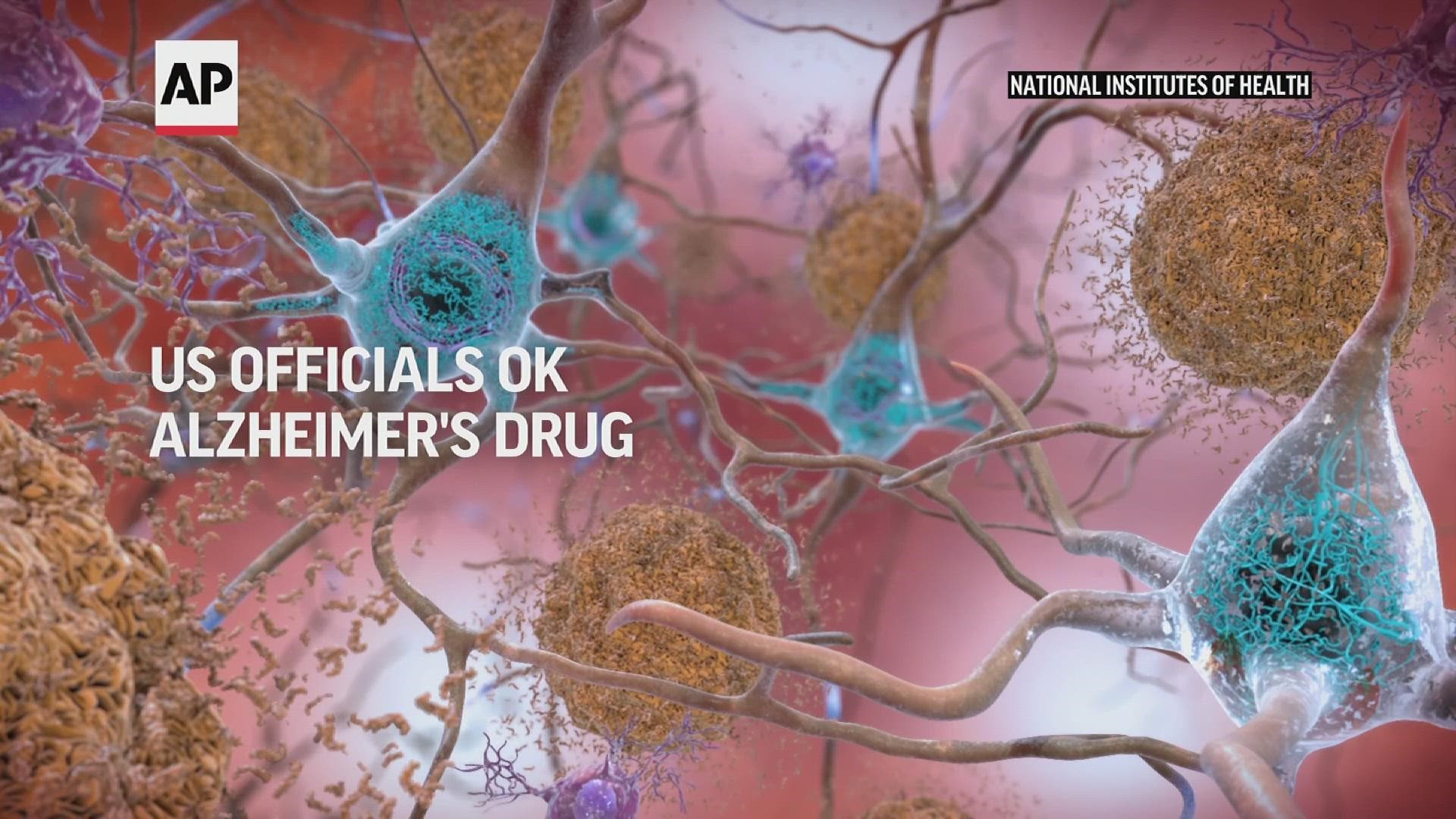SACRAMENTO, Calif. — There are close to 700,000 people with Alzheimer's in California, according to data from the Alzheimer's Association, Northern California and Northern Nevada Chapter. By 2025, that number is expected to be close to 840,000 people.
"In Northern California, we have hundreds of thousands of people with the disease," said Elizabeth Edgerly, Ph.D., executive director of the Alzheimer’s Association, Northern California & Northern Nevada. "The estimates would be about 300,000 people living with Alzheimer's or another type of dementia, and many of them are invisible and they're invisible for various reasons. The first is that half of all people with dementia like Alzheimer's don't get diagnosed. Their family knows, their friends know something's up, but they don't actually get a formal diagnosis. When people are diagnosed, unfortunately, about half of them are not told of their diagnosis."
But there's hope for those being diagnosed and in the early stages of the disease.
According to the Associated Press, U.S. health officials recently approved a closely watched Alzheimer’s drug shown to modestly slow the early stages of the brain-robbing disease.
The drug, Leqembi, is the first shown to slow the decline in memory and thinking that defines Alzheimer’s by targeting the disease's underlying biology. The Food and Drug Administration approved it specifically for patients with mild or early cases of dementia.
"When they looked at this in clinical trials, they found that patients on the drug had a 27% slowing of their cognitive symptoms as compared to people on placebo," said Edgerly. "That's incredible because Alzheimer's is a very serious disease and nothing really to date has been able to slow the progression of the cognitive symptoms, so we're incredibly excited not only by this drug but other drugs that are coming right behind it."
Edgerly says it's really important when we talk about solutions and drugs like Leqembi that we normalize people identifying an issue and talking with their doctor.
"We have some work to do to even get to the point where in the state of California, and across the country, people are going to find out their diagnosis in time to benefit from these treatments," said Edgerly. "We're extremely concerned about communities where they have a hard time getting the latest and greatest. I think in some of our urban settings, people will be lined up ready to get these. But what about rural communities or more diverse communities? It's going to be a tall order for us to ensure equity."
Here are the 10 early signs and symptoms of Alzheimer's, according to the Alzheimer's Association:
- Memory loss that disrupts daily life
- Challenges in planning or solving problems
- Difficulty completing familiar tasks
- Confusion with time or place
- Trouble understanding visual images and spatial relationships
- New problems with words in speaking or writing
- Misplacing things and losing the ability to retrace steps
- Decreased or poor judgment
- Withdrawal from work or social activities
- Changes in mood and personality
To learn more about each sign, click HERE.
"The biggest thing that that we're talking about with this new drug is, what does it buy you? What do you get as a result of taking an Alzheimer's drug? And what it means for people is that they are able to do the things that they want to continue to be able to do for longer," said Edgerly. "It could mean working. It might even be that you could participate in the father-daughter dance when your daughter gets married and remember it... so that's what we're talking about when we talk about an Alzheimer's drug. Who among us would not want to remember those moments that you lose in Alzheimer's?"
The Alzheimer's Association offers a 24/7 helpline for the families of those with dementia. The number is 1800-272-3900. There is also a number of virtual support groups.



















